Retinol Creams for Oily Skin
Retinol Creams for Oily Skin: The Ultimate Guide for a Glowing Complexion
Introduction to Retinol and Oily Skin

Retinol, a derivative of vitamin A, has become a cornerstone in skincare regimens for its proven anti-aging and skin-rejuvenating properties. But when it comes to oily skin, a common misconception is that retinol creams are too heavy or might exacerbate oiliness. This article debunks this myth, exploring how retinol can be a game-changer for those with oily skin, helping to balance oil production while providing the anti-aging benefits it's renowned for.
Understanding Oily Skin and Its Challenges
What is Oily Skin?
Oily skin is characterized by excess sebum production from the sebaceous glands. This can lead to a shiny complexion, enlarged pores, and a higher propensity for acne and blackheads. The key to managing oily skin is not to strip away the oil completely but to balance it.
Challenges Faced by Oily Skin Types
People with oily skin often struggle with a cycle of oiliness and dryness, especially when using harsh products that strip natural oils, causing the skin to produce even more sebum as a defense mechanism.
Retinol: A Powerhouse Ingredient for Oily Skin

How Retinol Works
Retinol works by promoting skin cell turnover and collagen production, leading to smoother, more even-toned skin. It helps in unclogging pores, reducing the appearance of enlarged pores characteristic of oily skin.
Why Retinol is Beneficial for Oily Skin
Contrary to popular belief, retinol can regulate oil production, making it incredibly beneficial for oily skin types. It helps in achieving a balanced, less greasy complexion while addressing common concerns like acne, scars, and aging signs.
Choosing the Right Retinol Cream for Oily Skin

Key Factors to Consider
When selecting a retinol cream for oily skin, consider the concentration of retinol, the formula's composition, and additional ingredients that target oiliness and acne.
Recommended Ingredients to Look For
Look for non-comedogenic formulations that include salicylic acid, niacinamide, or hyaluronic acid, which complement retinol's effects by controlling oil, hydrating the skin, and reducing inflammation.
Application Tips for Retinol Creams on Oily Skin
Starting Slowly
Introduce retinol gradually into your skincare routine, starting with a lower concentration and using it a few times a week to build tolerance.
Layering with Other Skincare Products
Ensure to layer retinol correctly with other skincare products. Apply retinol after cleansing and toning, followed by a non-oily moisturizer.
Managing Potential Side Effects
Common Side Effects and How to Mitigate Them
Initial use of retinol can lead to dryness, redness, or peeling. Combat these effects by using a hydrating serum or cream and always applying sunscreen during the day, as retinol can increase sun sensitivity.
The Top Retinol Creams for Oily Skin in 2024
We've rounded up the top retinol creams suited for oily skin available in 2024, highlighting their features, benefits, and why they stand out in the market.
Conclusion: Embracing Retinol for Healthier, Balanced Oily Skin
In conclusion, retinol is not just for dry or aging skin. Its benefits for oily skin are immense, from regulating oil production to enhancing overall skin texture and tone. By choosing the right product and applying it correctly, individuals with oily skin can enjoy the transformative effects of retinol.
Remember, a consistent, well-thought-out skincare routine incorporating retinol can lead to visible improvements in skin health and appearance, making it a worthy addition to your skincare arsenal.


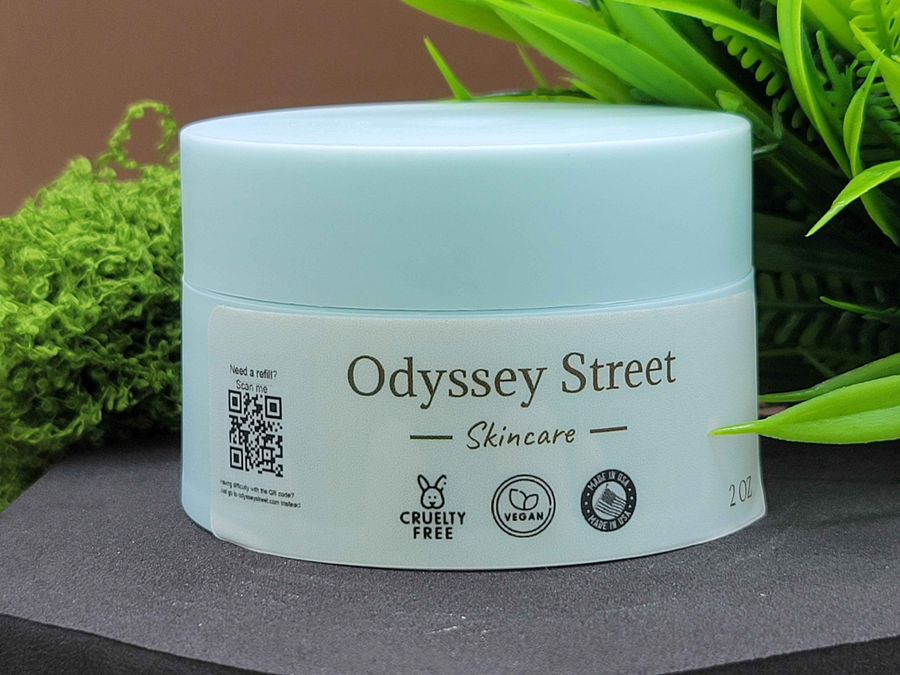
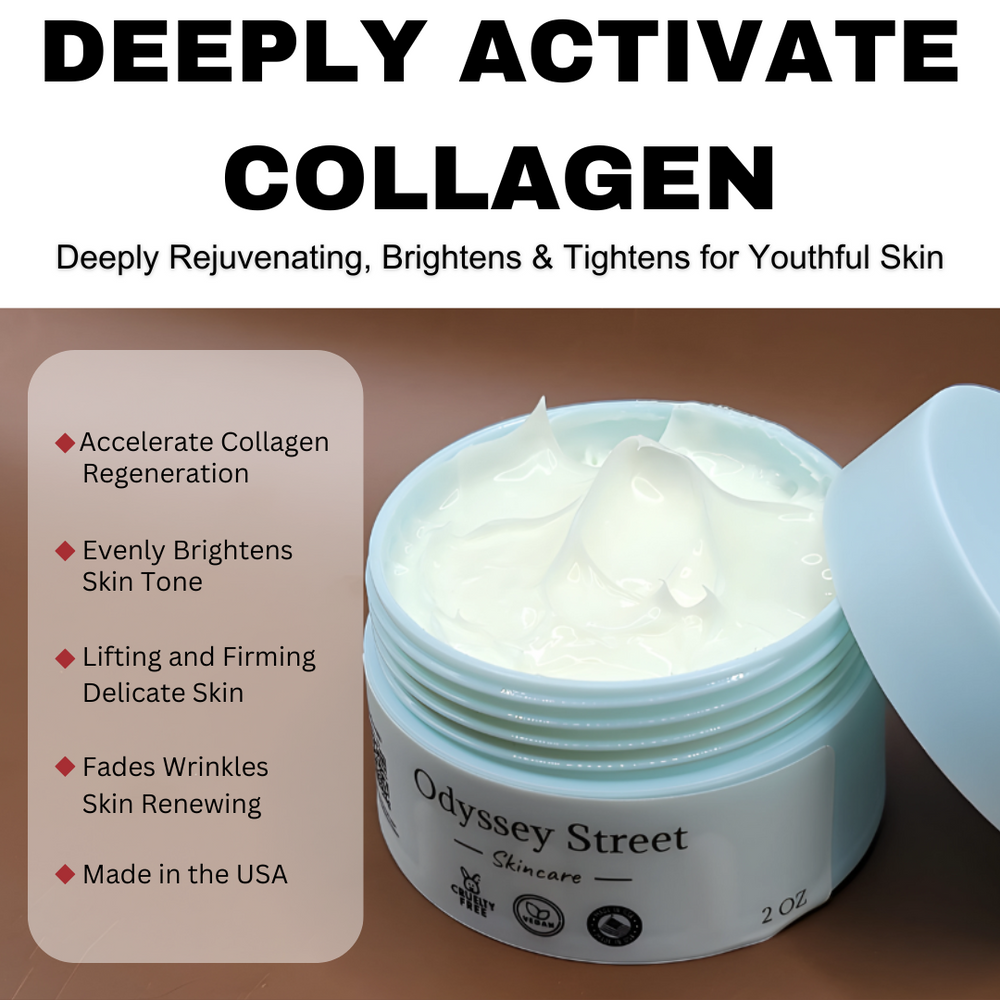




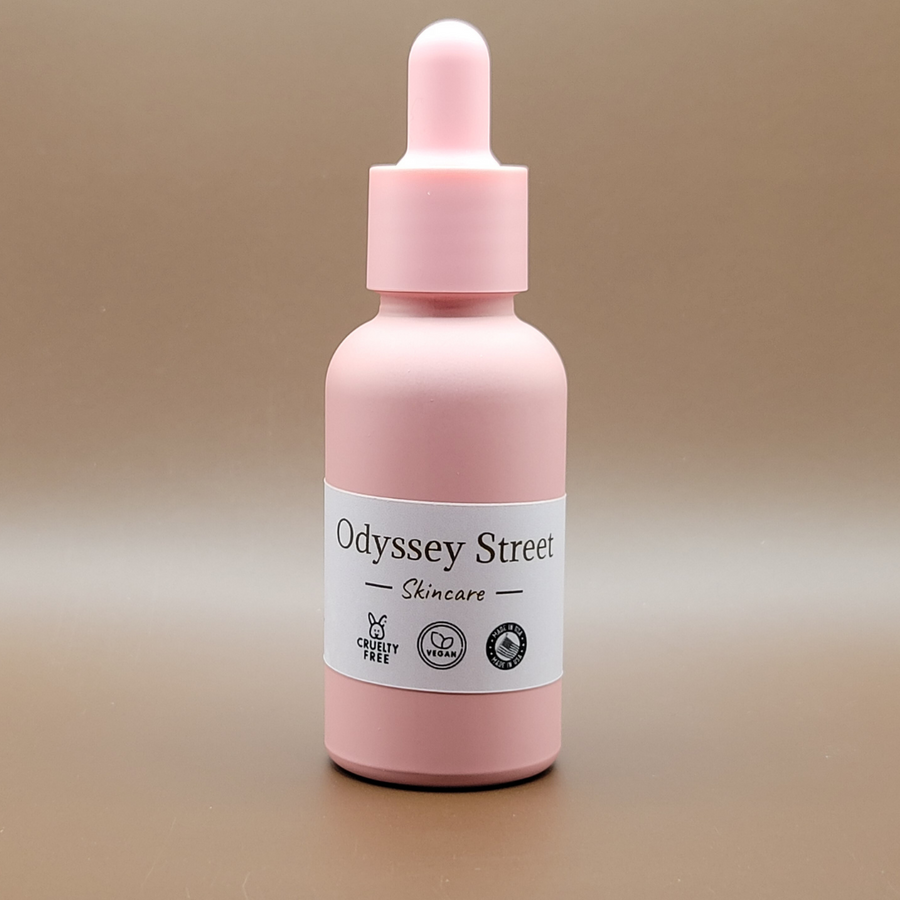
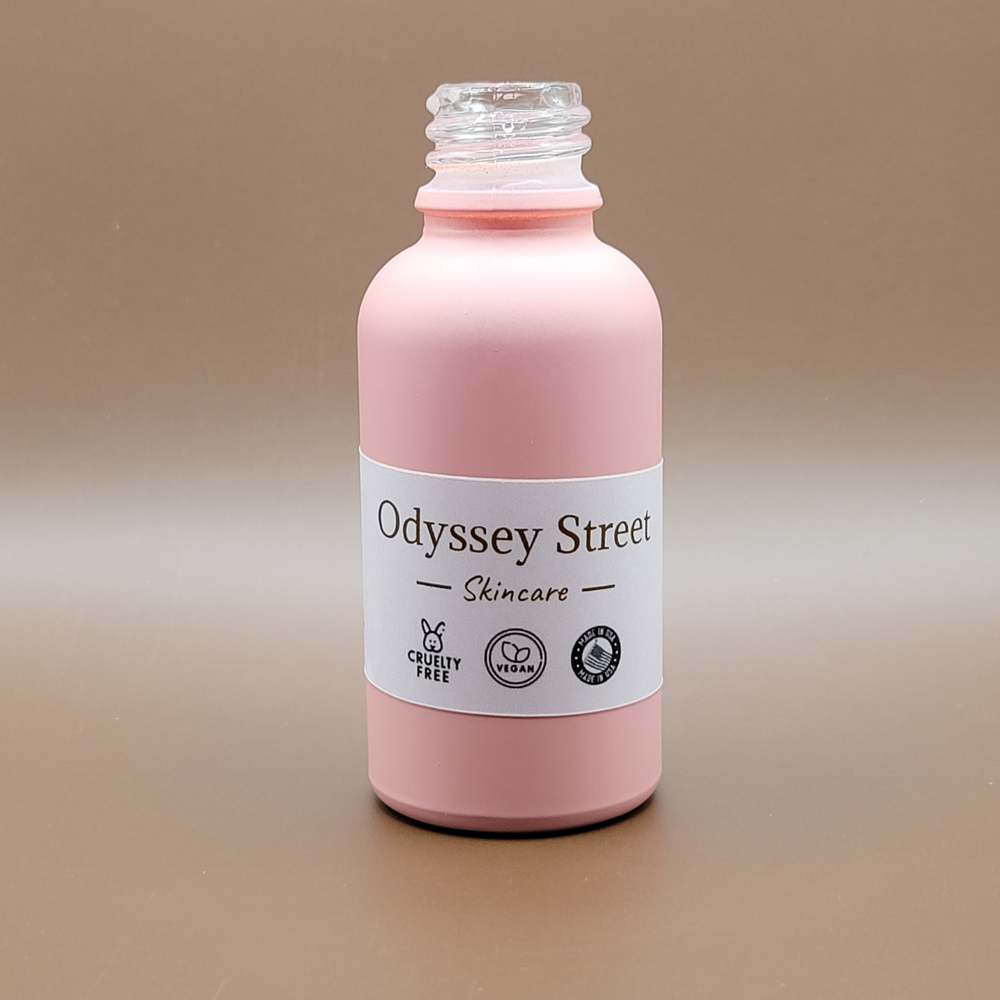
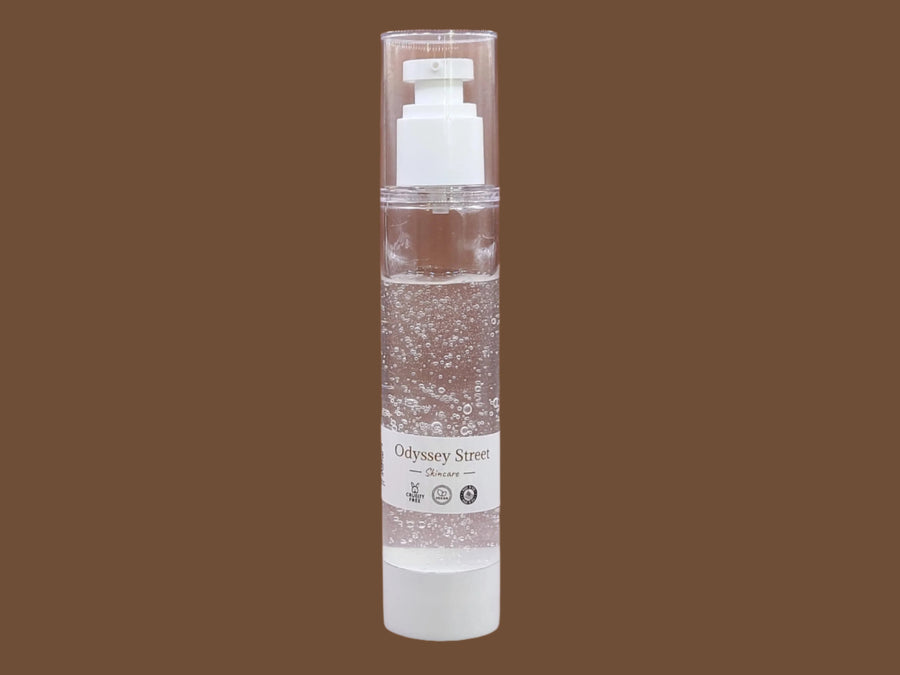
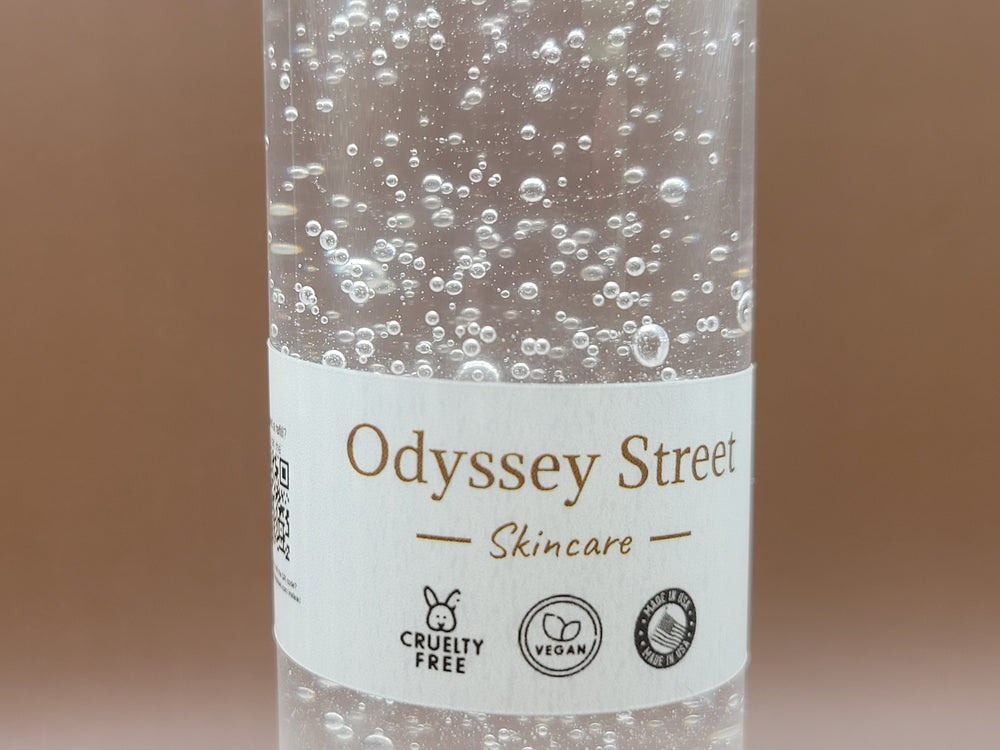
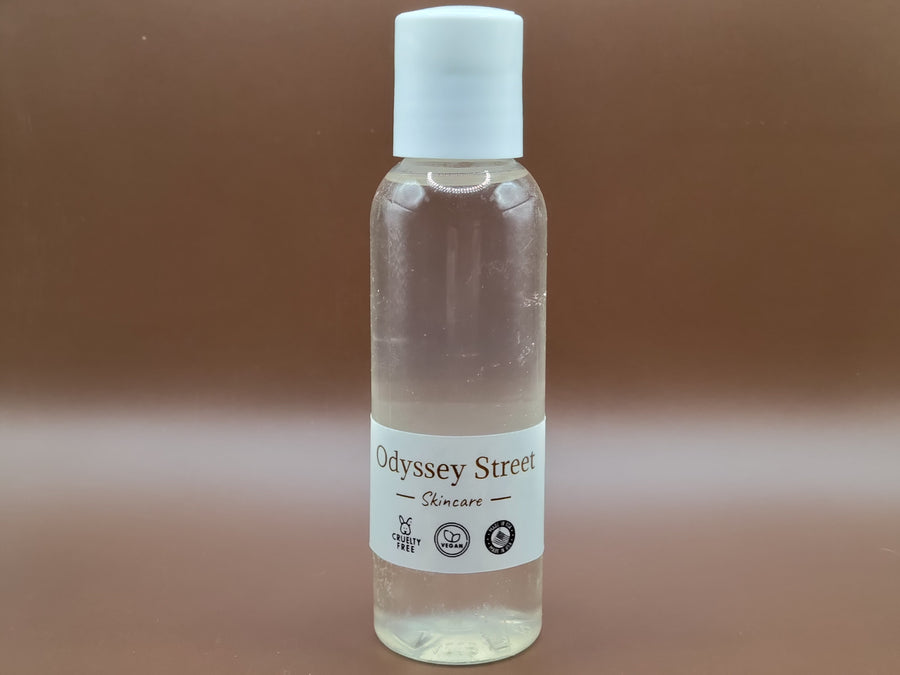
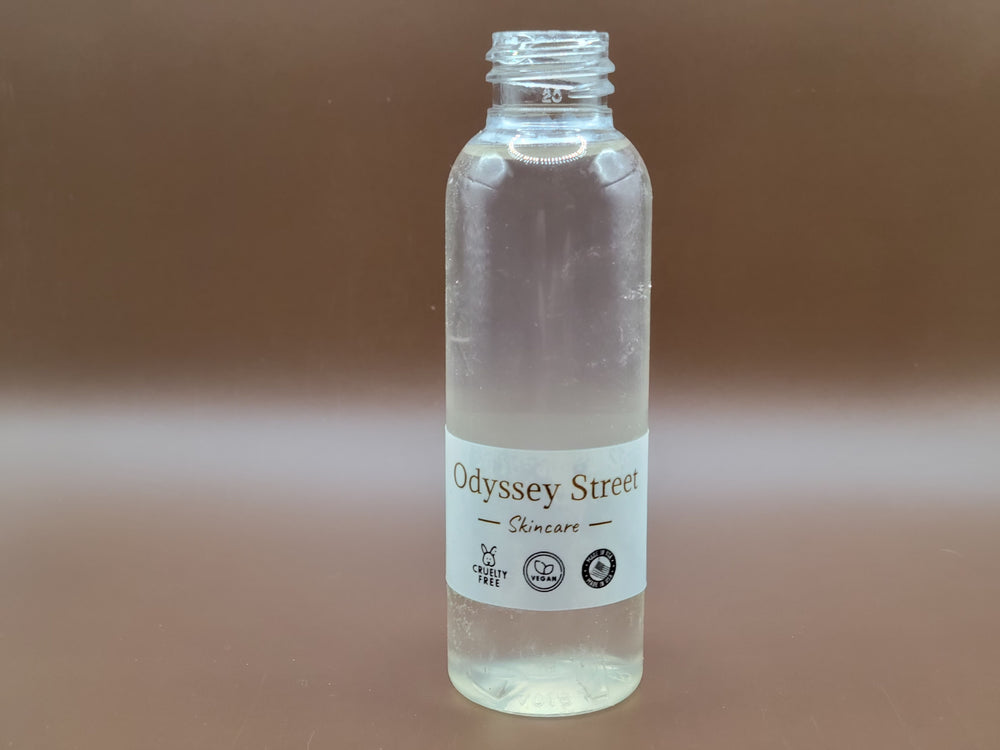
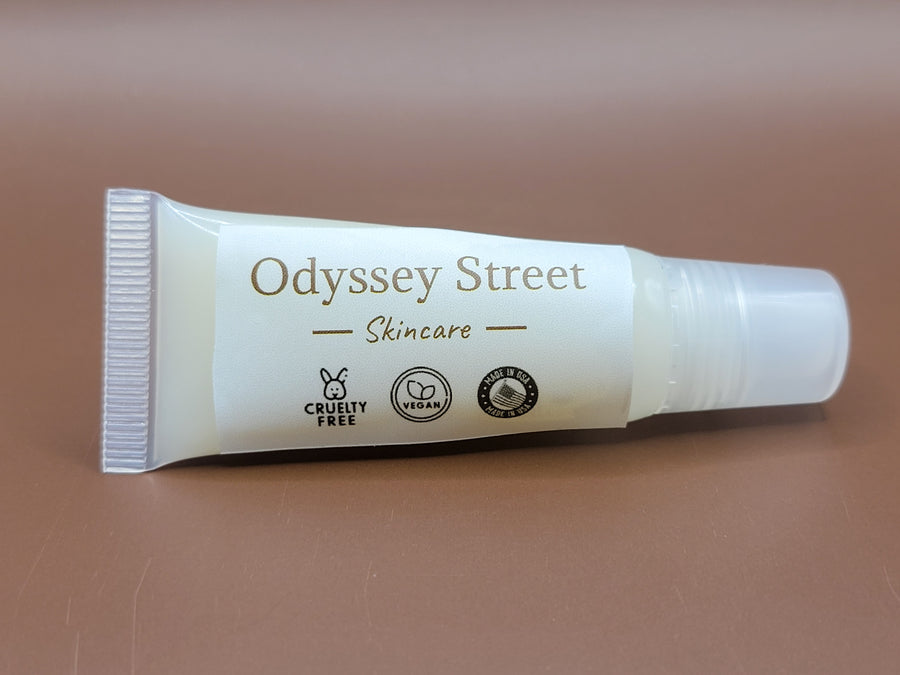
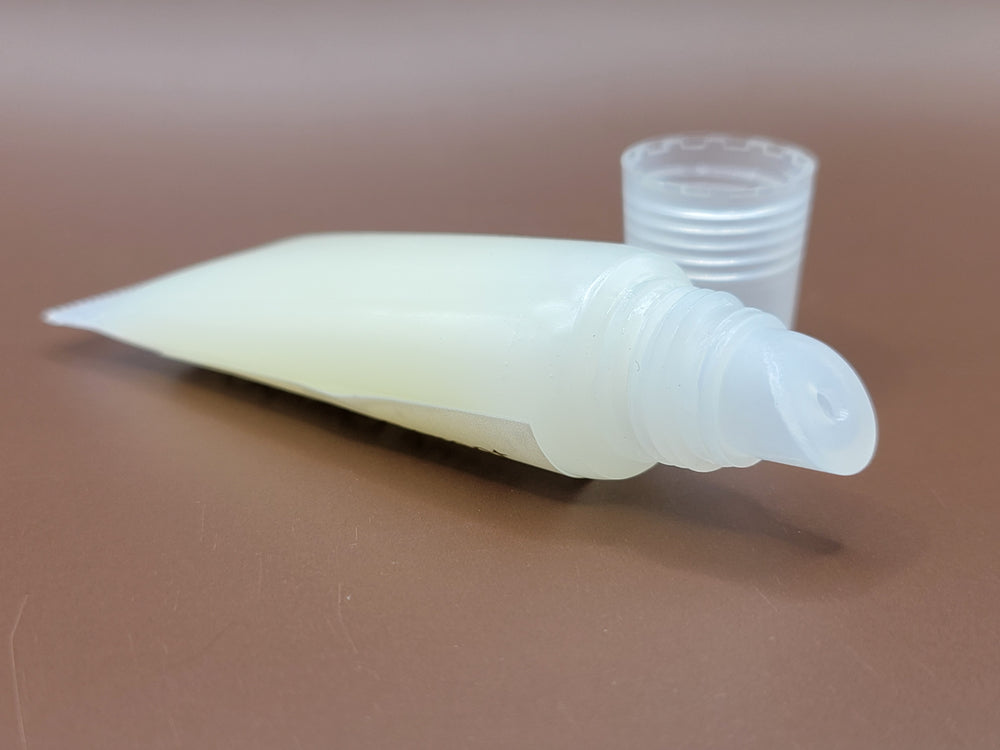
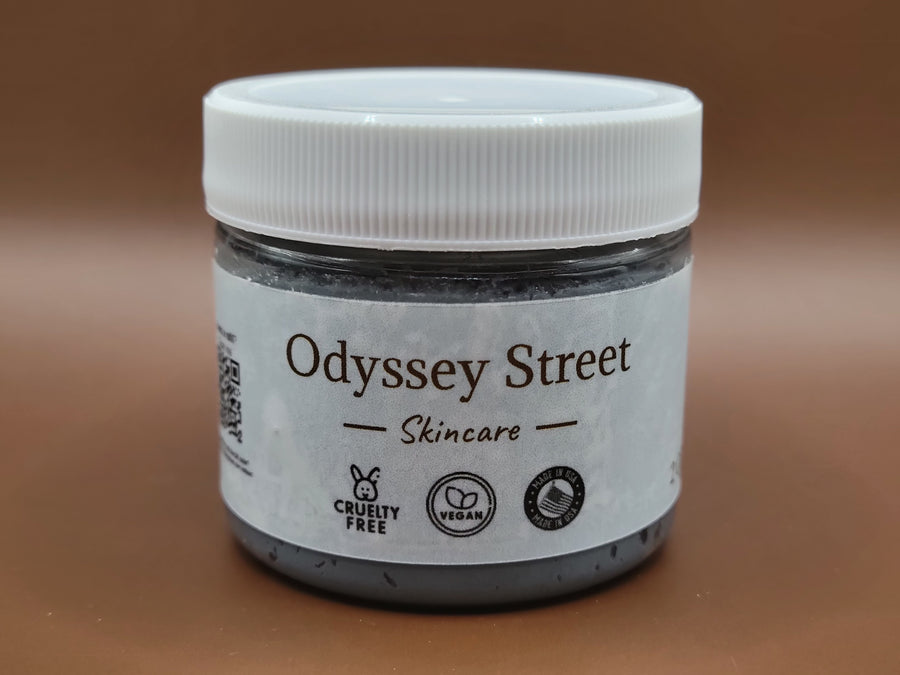
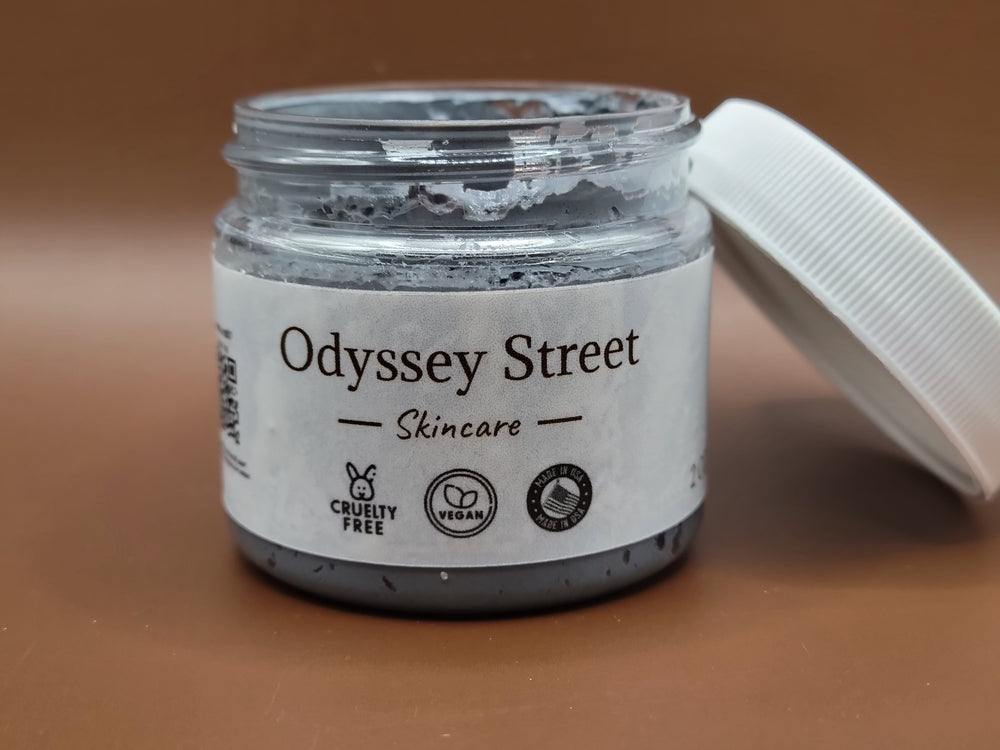
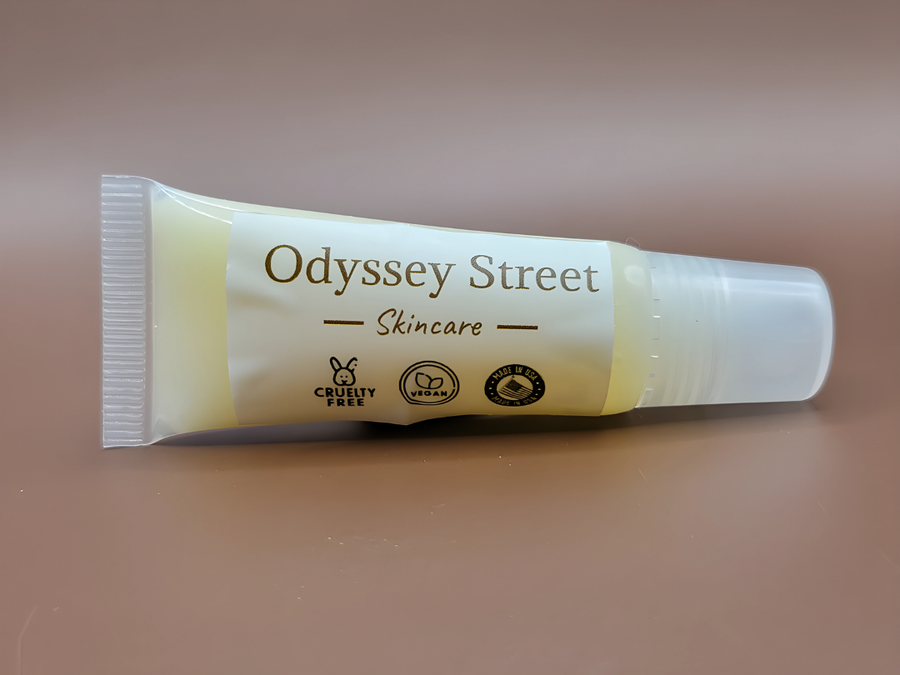
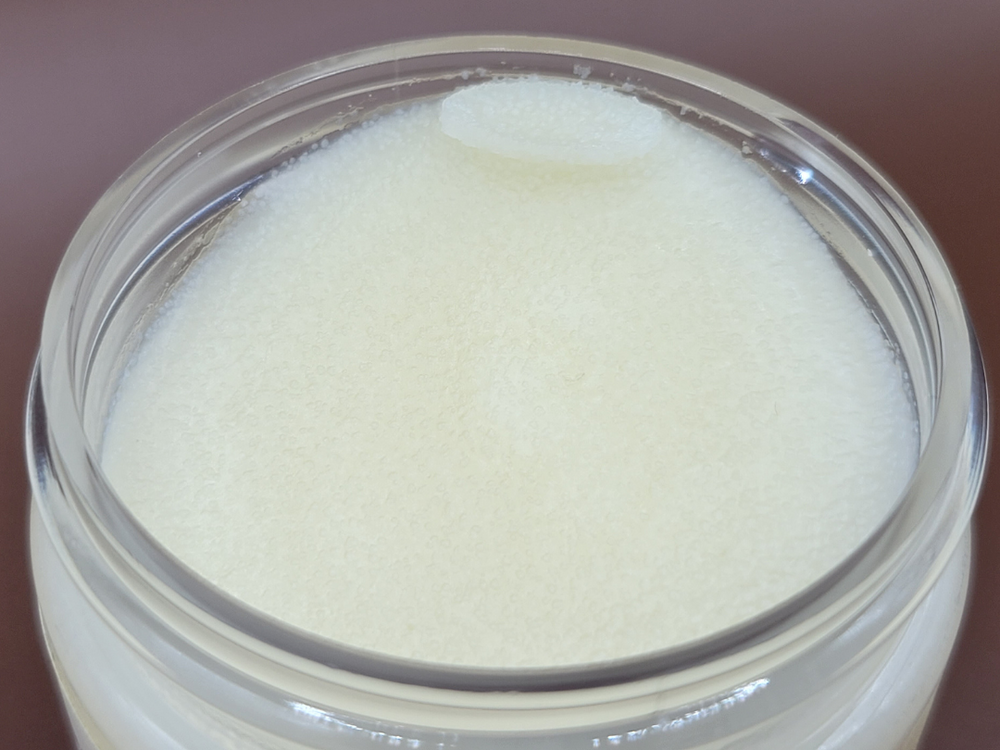
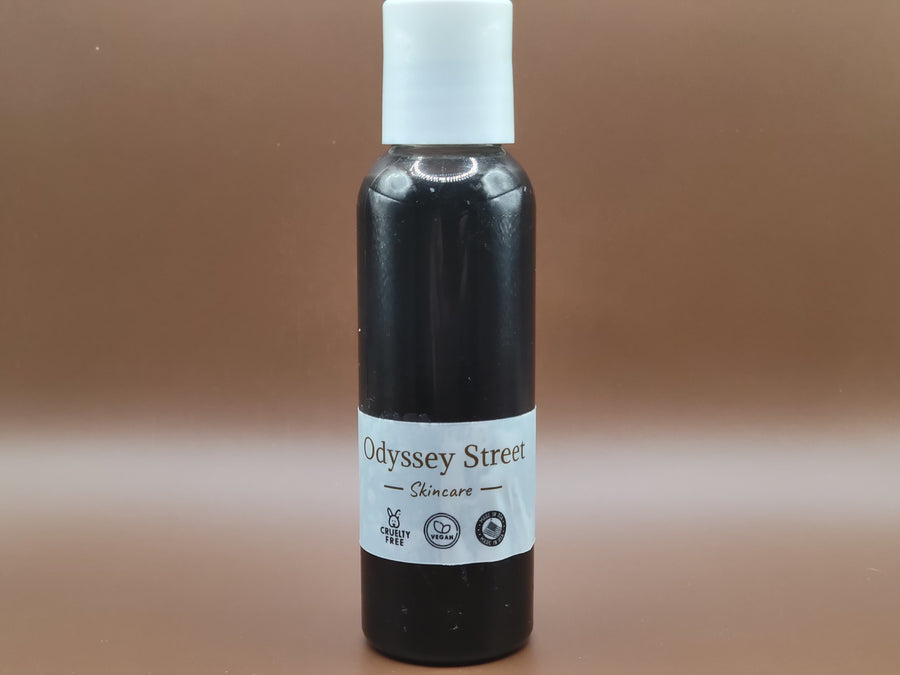

Leave a comment